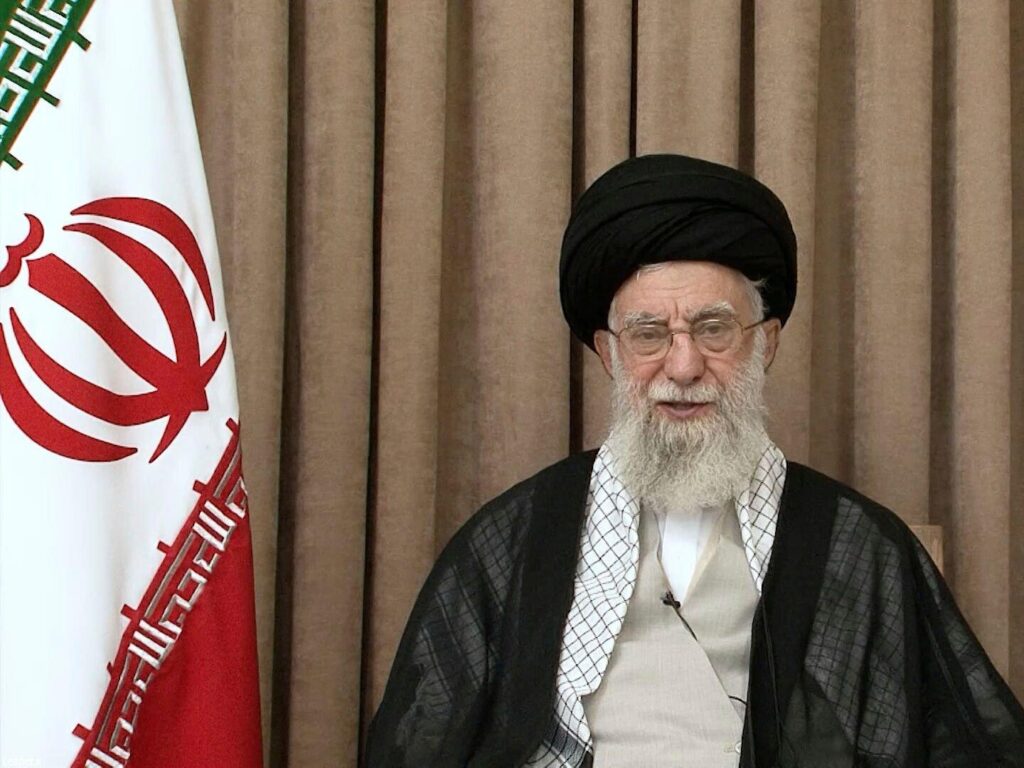Iran’s Nuclear Policy: A Strategic Pivot Following Recent U.S. Military Action
In the aftermath of a recent U.S. military strike, Iran appears to be reconsidering its nuclear strategy, potentially signaling a profound transformation in Middle Eastern geopolitics. Experts indicate that Tehran may adopt a more assertive stance on its nuclear program as it confronts new security challenges and recalibrates its regional influence. This reassessment emerges amid internal debates within Iran regarding the effectiveness of its current nuclear approach, raising critical questions about how Tehran will balance deterrence with diplomatic overtures in an increasingly unstable environment. The consequences of these shifts are likely to ripple across the region, affecting both Iran and Western powers.
Strategic Reorientation of Iran’s Nuclear Ambitions
The recent escalation triggered by U.S. military operations has compelled Iranian leadership to rethink their long-term nuclear objectives. Beyond merely advancing nuclear capabilities, Tehran might prioritize strengthening missile technology and expanding regional sway as part of a broader strategic realignment.
- Enhancing Defensive Capabilities: By focusing on missile development and air defense systems, Iran aims to reinforce deterrence without provoking direct conflict.
- Deepening Diplomatic Partnerships: Strengthening alliances with global powers such as Russia and China could provide Tehran with political backing against Western pressure.
This evolving strategy also includes adopting more covert measures to safeguard their interests amid intensified international scrutiny:
- Expansion of Secretive Nuclear Research: Investing in discreet facilities under the guise of civilian energy projects allows continued progress while minimizing detection risks.
- Cybersecurity Enhancements: Deploying advanced cyber defenses aims to protect critical infrastructure from sabotage or espionage attempts.
| Iranian Strategic Responses | Anticipated Impact |
|---|---|
| Accelerated Missile Programs | Stronger deterrent posture against adversaries |
| Tightened Secrecy Around Nuclear Activities | Increased suspicion from international watchdogs |
| Bolstered Ties with Russia & China | Pooled military and economic support resources |
Regional Dynamics and Shifting Global Alliances Amid Rising Tensions
The ripple effects from the U.S.-Iran confrontation have prompted neighboring states like Saudi Arabia, Israel, and other Gulf nations to reevaluate their security postures carefully. These countries face complex decisions about alliance structures as they respond to an evolving threat landscape shaped by Iran’s potential policy shift.
- Magnitude of Foreign Military Presence: The bolstering of American forces in key strategic locations compels regional actors to enhance their own defense readiness significantly.
- Diplomatic Initiatives Intensify: Heightened urgency for multilateral dialogue is driving renewed efforts within coalitions such as the Gulf Cooperation Council (GCC) for coordinated responses.
- Avoidance or Preparation for Conflict: States are simultaneously preparing militarily while seeking diplomatic solutions that mitigate risks associated with open hostilities.
The recalibration extends beyond immediate neighbors; major global players stand poised either to support or counterbalance Iranian moves depending on geopolitical interests:
| Nation | Likely Engagement | Effect on Iranian Strategy |
|---|---|---|
| Russia td >< td >Augment military aid including advanced weaponry supply td >< td >Enhanced combat readiness td > tr > | ||
Recommendations for Diplomatic Resolution and Regional Stability Efforts
The escalating tensions surrounding Iran’s nuclear trajectory necessitate comprehensive diplomatic strategies involving all stakeholders—particularly between Washington, Tehran, and influential regional actors—to prevent further deterioration into conflict.< / p >
- < strong >Revitalizing Multilateral Negotiations:< / strong > Reestablish inclusive forums where concerns can be transparently addressed among involved parties.< / li >
- < strong > Confidence-Building Measures:< / strong > Introduce temporary freezes on sensitive activities coupled with reciprocal goodwill gestures aimed at reducing mistrust.< / li >
- < strong > Engagement Through Regional Partners:< / strong> Leverage neighboring countries’ influence by incorporating them into peace-building frameworks emphasizing collective security goals.< / li > ul >
A sustainable peace framework should integrate both immediate de-escalation tactics alongside long-term initiatives fostering mutual understanding: < / p >
< strong >/Strategy< / strong > th > < Strong >/Description< / Strong > th > tr > Concluding Perspectives on Iran’s Nuclear Evolution
< p>
The recent United States military intervention has undeniably altered the strategic calculus surrounding Iran’s nuclear ambitions. As Iranian authorities deliberate over possible policy shifts—ranging from enhanced missile development programs to clandestine research expansion—the broader implications extend well beyond national borders.
This dynamic interplay involves domestic political pressures within Tehran alongside multifaceted international reactions shaping future trajectories.
Observers note that ongoing developments will hinge upon how effectively diplomacy can bridge entrenched divides while addressing legitimate security concerns.
Ultimately,& nbsp;a nuanced approach balancing firmness with engagement offers pathways toward mitigating conflict risks in this volatile region.
< a href=“https://capital-cities.info/2025/02/14/middle-east/iran/iran-slams-trump-for-saying-either-bombs-or-a-deal-will-stop-it-from-getting-nuke-the-times-of-israel/" title=“... slams Trump for saying either ‘bombs’ or a deal will stop it from getting nuke - The Times of Israel” target="_blank" rel="noopener noreferrer">
International diplomacy around non-proliferation efforts remains pivotal here.
< /a>
As global attention remains fixed on these unfolding events,< br />the coming months will prove decisive not only for Middle Eastern stability but also for wider geopolitical alignments.
< article />

